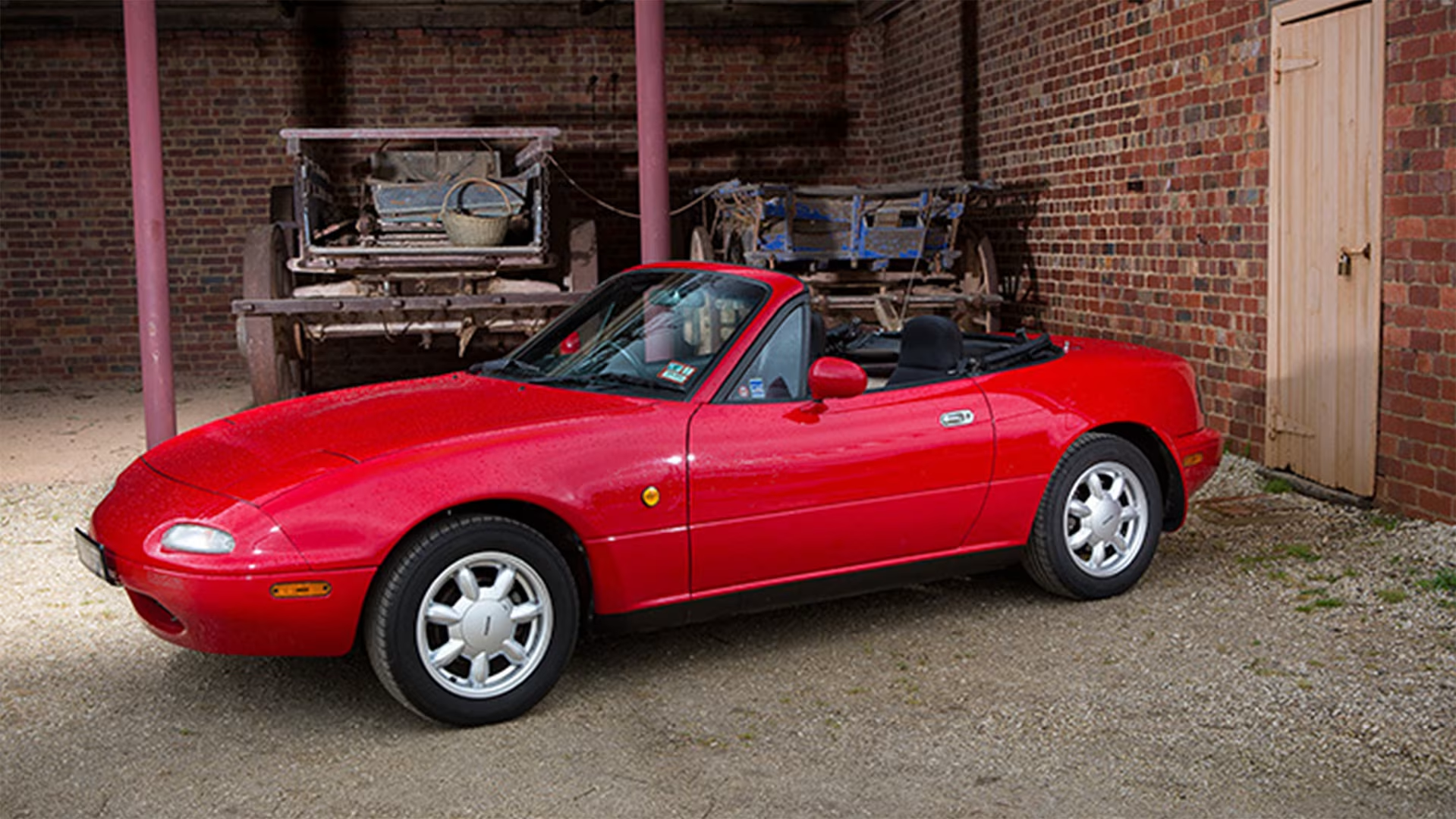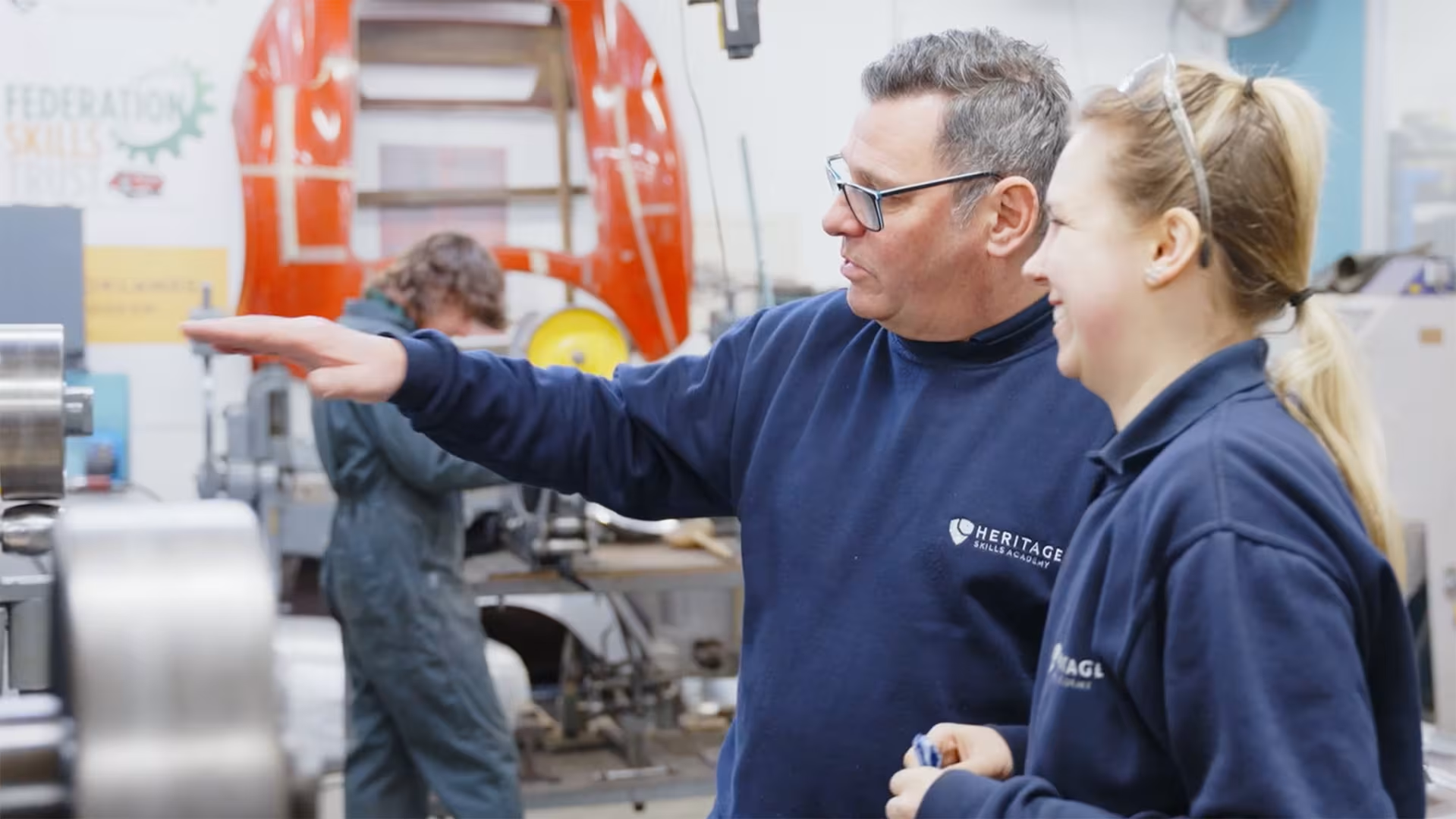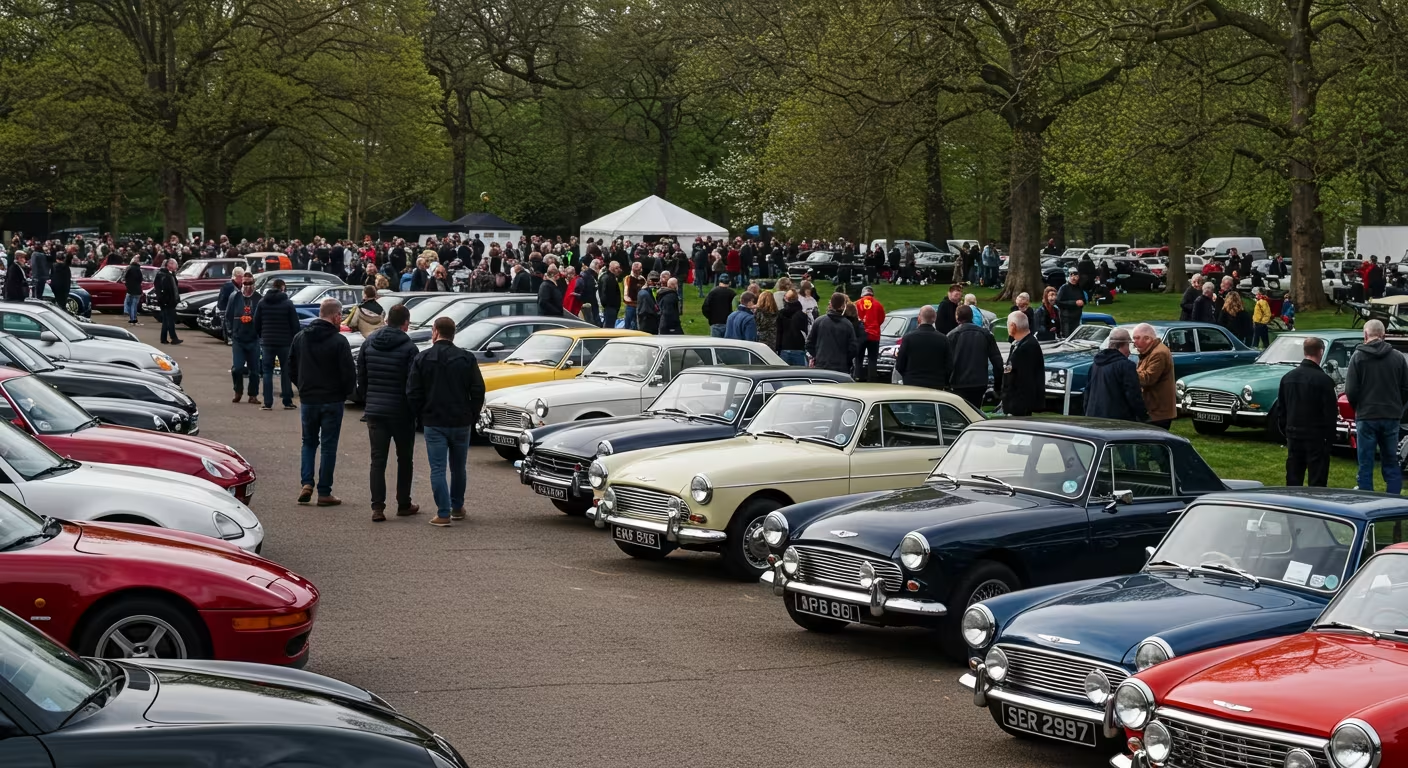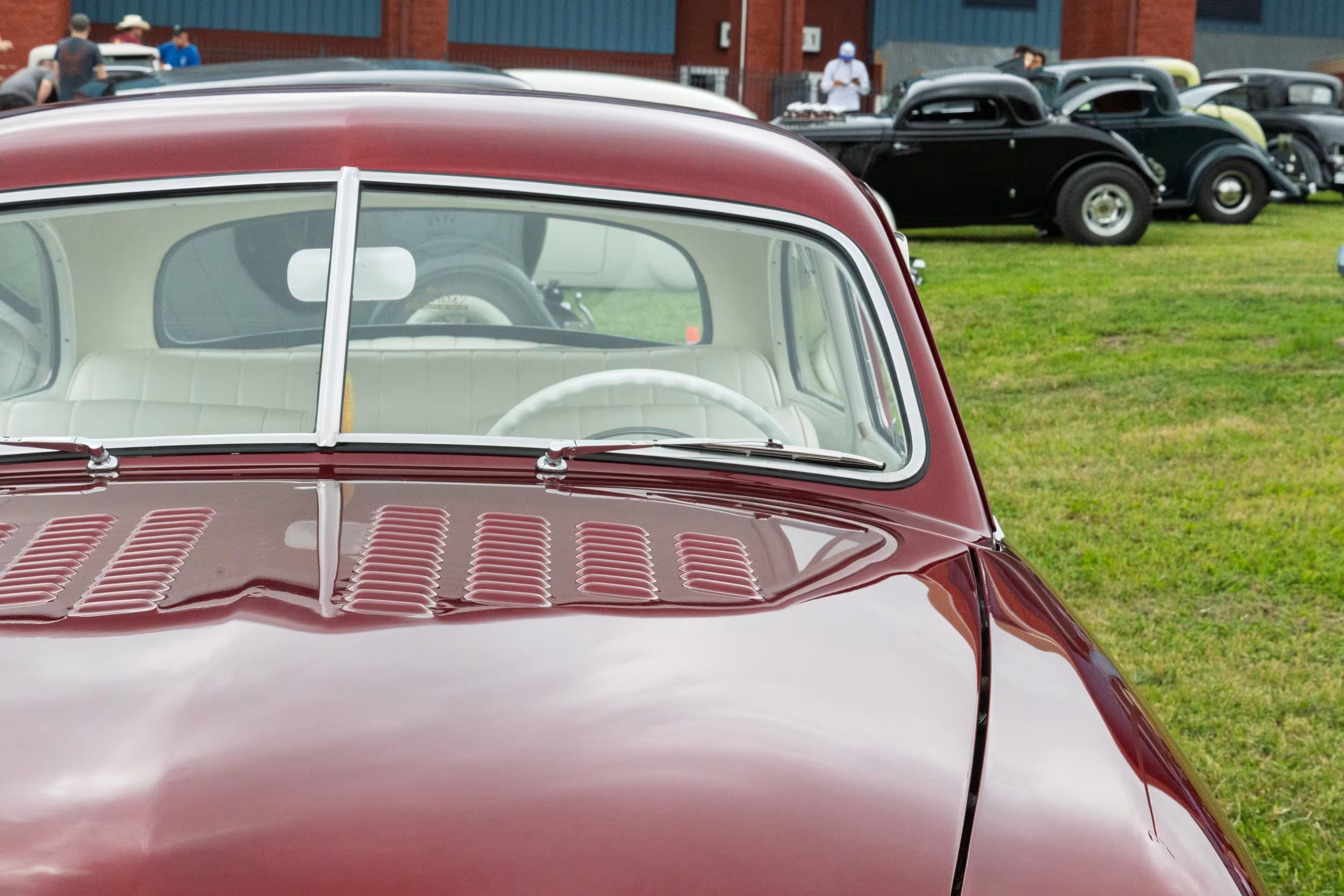The world of classic cars represents a rich tapestry of history, craftsmanship and passion. As modern vehicles increasingly rely on digital technology and electronics, there is genuine concern about the future of the specialised skills required to maintain and restore historic vehicles. The answer to whether these skills are dying is nuanced – they face significant threats, but determined efforts are being made to ensure their survival, with Generation Z potentially playing a crucial role in this preservation story.
The Crisis in Classic Car Skills
The classic car industry is facing a significant challenge: a widening skills gap that threatens the very existence of historic vehicle preservation. The Federation Internationale des Vehicules Anciens (FIVA) has raised serious alarms about a global skills shortage, warning that without the introduction of new talent into the restoration industry, some of the most iconic vehicles in history could be permanently lost.
This shortage isn't merely theoretical – it represents a genuine threat to tangible embodiments of British innovation, artistry and culture. Each meticulously crafted element, from hand-stitched leather interiors to hand-polished burr walnut dashboards, tells the story of our engineering history. These restoration skills not only preserve heritage but also create meaningful employment for specialists including panel beaters, upholsterers, mechanics and engineers across the country.
The economic stakes are considerable. In the UK alone, the classic car industry contributes an estimated £5.5 billion to the economy. Despite this economic importance, the specialised skills required to maintain these vehicles are becoming increasingly rare, driving up restoration costs and potentially making classic vehicle ownership less accessible.
Generation Z: Potential Saviours or Passing Interest?
The issue is further complicated by demographic shifts. The classic car hobby isn't necessarily dying, but its demographics are certainly changing. Older generations who grew up around cars from the 1930s to the 1950s are gradually being replaced by younger enthusiasts who often lack the same level of exposure to these vehicles. This generational gap puts the transfer of crucial knowledge and skills at risk.
Yet there are promising signs. Young individuals are increasingly drawn to the classic car industry, not just for its aesthetic appeal but also for its potential to promote sustainability and mechanical craftsmanship. Programs like the Heritage Engineering Technician Apprenticeship at the Heritage Skills Academy in Bicester exemplify this positive trend, with apprentices like 21-year-old Emma Smith representing this new wave of interest (Frost).
The critical question remains: will Generation Z's interest translate into the preservation of traditional skills, or will their involvement shift the industry in entirely new directions?
What Defines a "Classic" for Gen Z?
While traditional enthusiasts might focus on pre-1980s vehicles, Generation Z is redefining what constitutes a "classic car." Their preferences are heavily influenced by cultural touchstones such as video games, films, and social media. Vehicles from the 1990s and early 2000s, which featured prominently in games like "Gran Turismo" and films like "The Fast and the Furious," resonate with this generation. These cars strike a balance between nostalgic aesthetics and modern appeal, creating entry points for younger enthusiasts into the wider classic vehicle community.
Popular Marques and Models
Hagerty's research reveals distinctive preferences among Gen Z classic vehicle enthusiasts in the UK:
The Mazda MX-5 Miata (1990-1998) stands out as a highly sought-after vehicle. Known for its lightweight design and driving enjoyment, the Miata has sold over 1.1 million units since its inception, making it a gateway classic for many young collectors (PR Newswire).
Japanese and Korean marques dominate Gen Z interest, with fourteen of the top twenty favoured manufacturers coming from these regions. This preference reflects the generation's emphasis on reliability alongside classic appeal. Volvo ranks as the highest non-Asian manufacturer among Gen Z preferences, while only Jeep and Tesla make the list as American brands.
The BMW 3 Series, particularly models from 2012 to 2019, attracts significant attention from younger buyers, with data showing that 13.8% of inquiries come from Gen Z collectors.
SUVs lead general vehicle preferences (38%), followed by sedans (26%) and pickups (19%), according to Forbes, showing that practical considerations remain important alongside aesthetic appeal.

Educational Initiatives and Apprenticeship Programmes
The Federation of British Historic Vehicle Clubs (FBHVC) and the Heritage Skills Academy have been pivotal in introducing educational initiatives aimed at preserving heritage skills. Since 2014, these organisations have developed classic vehicle restoration courses and apprenticeship programmes, providing young people with the opportunity to learn from industry experts. The Association of Heritage Engineers (AoHE) has also played a significant role in promoting and facilitating the transfer of skills from seasoned professionals to the next generation.
The Race to Save Critical Skills
The preservation of heritage skills requires targeted intervention. Organizations like FIVA are advocating for specialist training programs to introduce new blood into the restoration industry. In Sydney, a charity called the Modern Classic Cars Foundation is actively working to change the narrative by providing training and resources specifically for young enthusiasts (Retro Rides).
Organizations like StarterMotor and Historit are addressing accessibility challenges by lending classic cars to under-25s and providing secure storage for classic vehicles, respectively. These initiatives foster a sense of community and accessibility, encouraging young people to engage with classic car culture (Frost).

So Are Classic Car Skills Dying?
The answer is complex: classic car skills are endangered but not yet extinct. The combination of an aging workforce, technological shifts, and changing interests presents real threats to traditional restoration skills. The average age of a classic car owner remains 54, highlighting the continuing generational gap.
However, determined efforts across the industry are creating pathways for skills preservation. Generation Z's emerging interest, though often focused on newer "classics" like the Mazda MX-5 rather than pre-war vehicles, still represents engagement with mechanical craftsmanship. Their unique blend of respect for tradition and forward-thinking approaches may transform rather than replace traditional skills.
The preservation of classic car skills depends on our ability to bridge generational divides, make restoration more accessible to young enthusiasts, and adapt educational approaches to contemporary learning styles. With continued investment in apprenticeships, educational programmes, and community initiatives, these precious skills can survive and evolve.
The craftsmanship behind classic vehicles represents not just our automotive past but our cultural heritage. While the skills are certainly at risk, their future remains unwritten—and Generation Z may yet play a decisive role in ensuring these traditional crafts continue to thrive in contemporary Britain.
Sources & Further Reading
Heritage Skills Academy.
Association of Heritage Engineers.
[1] "Classic Skills Shortage." Classics World
[2] "Preserving History: The Role of Vintage Cars in British Heritage." Coachbuilding Oxford
[3] "Who's Restoring the Classic Car Industry?" Mat Foundry Group
[4] "Is the Classic Car Hobby Dying Out?" Reddit
[5] "The Vanguard of Classic Cars: How 20-Somethings Are Shaping Automotive Heritage." Frost
[6] "Gen Z and Millennial Car Enthusiasts Love Manuals and 90s Classics." Carscoops
[7] "Meet Gen Z: America's Next Generation of Car Collectors." PR Newswire
[8] "Generation Z Has Already Developed an Eclectic Taste in Collector Cars." Hagerty
[9] "Preserving the Classic Car Community for Future Generations." NEC Classic Motor Show
[10] "A Global Skills Shortage That Could See Some of the Most Iconic Vehicles in History Lost." Lyons Garages
[11] "How the Modern Classic Cars Foundation Is Addressing the Classic Car Skills Shortage." Retro Rides
Find Your Rust Treatment Specialist Now
Discover over 500 vetted specialists across the UK who understand the unique needs of classic vehicles.
Search the Directory



